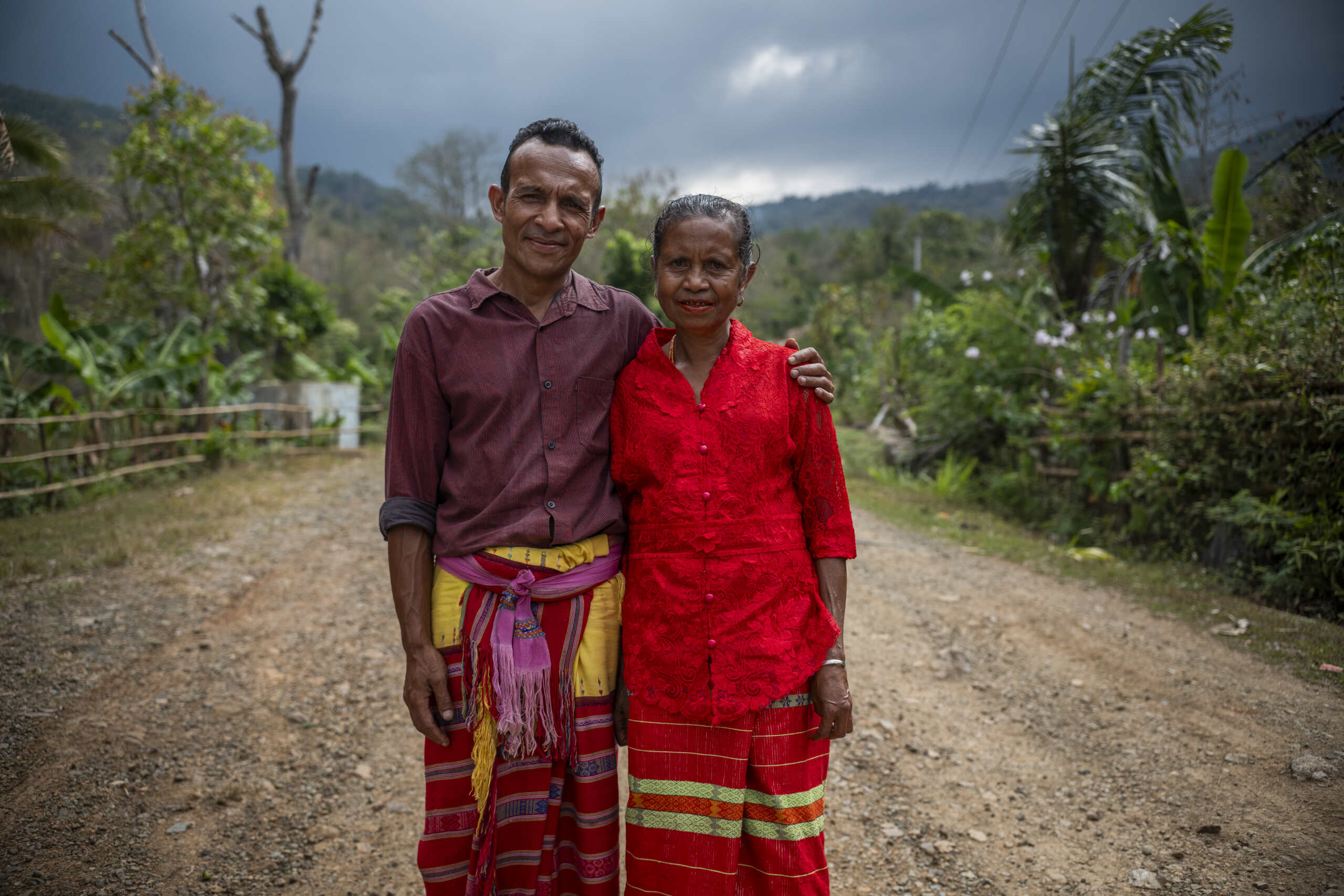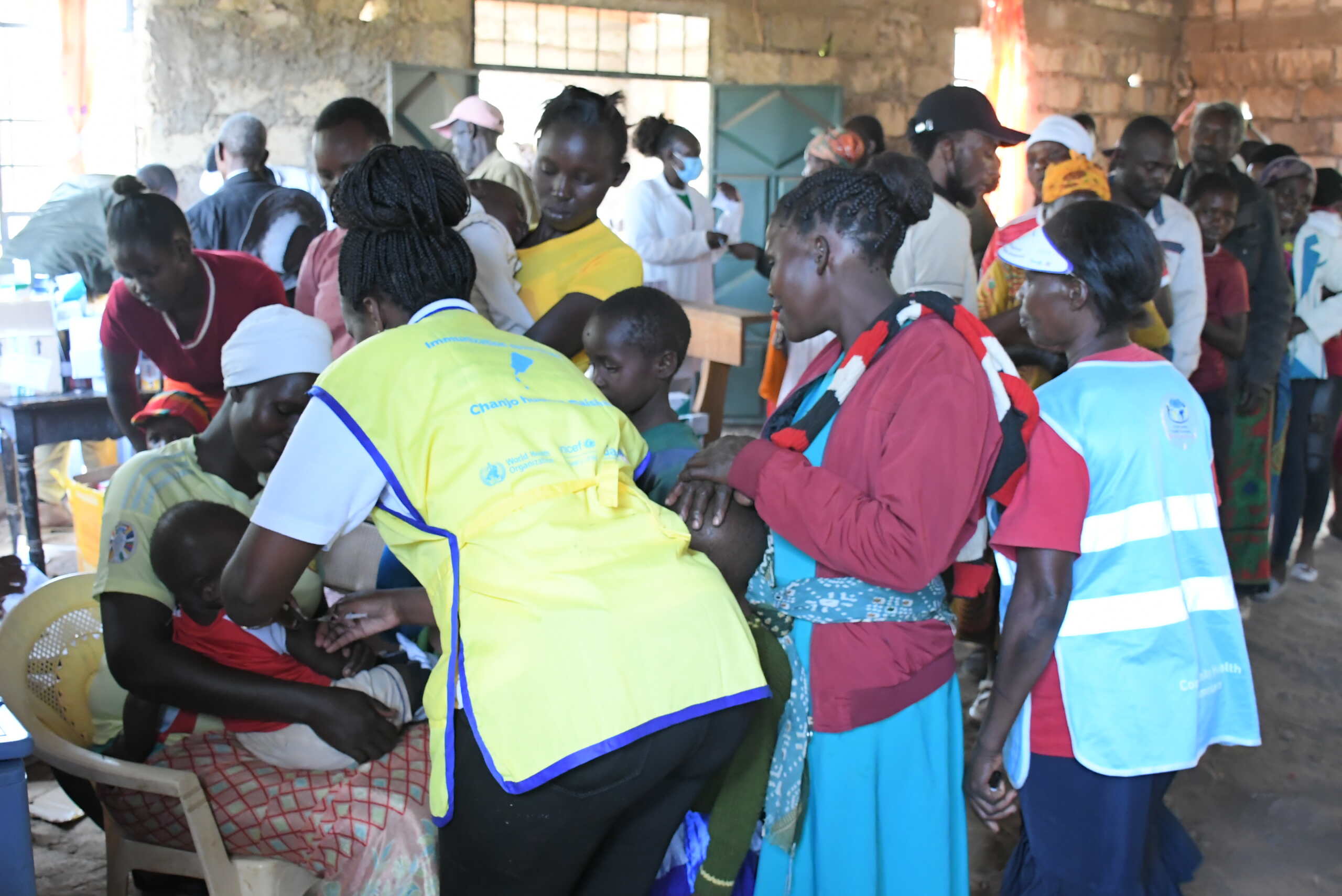How working with Organisations of People with Disabilities (OPDs) strengthens our advisory work
Pacific, Stories | June 25, 2024
How working with Organisations of People with Disabilities (OPDs) strengthens our advisory work and the capacity of OPDs
CBM recently launched a pivotal new report, “We have a key role now”: Lessons learned from partnerships with organisations of persons with disabilities to see what is working well and what could be strengthened in our partnership approach with organisations of persons with disabilities. The report was informed by a listening exercise undertaken by CBM Australia’s quality team across 14 countries and 32 Organisations of People with Disabilities (OPDs). Through the enquiry we documented the benefits, challenges and emerging issues related to advocacy, field programs and advisory work. Recognising the power dynamic of being an international organisation, we wanted particularly to understand areas where CBM could be better aligned to its commitments to human rights and partnership. The findings are offered up to the international development community as an example of what partnership can mean.
CBM always works alongside OPDs when advising other organisations on how they can better address disability issues. For example, in 2021 we provided advice to the Australian aid program in Indonesia, and we did this in conjunction with OPDs. Let us take a closer look at what OPDs value about the partnership and how this leads to the greater inclusion of people with disabilities:
- OPDs learn on the job about other organisations;
- Individuals develop practical skills in planning and delivery;
- The engagement opens doors to new networks;
- builds both the credibility of CBM and OPDs;
- Improves organisational capacity;
- Fair payment is provided; and
- Helps advance OPD’s strategic agenda.
OPDs told CBM that they learn valuable skills on the job about how to engage with a range of different organisations as well as how to demonstrate their value, collect and analyse data, and expand their understanding of sectoral issues – from the transport sector to maternal and child health to climate change.
Working together demonstrates the credibility of both OPDs and CBM, as well as opens doors to further opportunities and networks. Because CBM networks are broad, OPDs feel that they can build connections that they otherwise would not have had. A Timorese OPD that CBM work with, RHTO, told us that the foundational work with both CBM and another NGO has now led to them to qualify for funding from a range of other NGOs. This has allowed the OPD to increase their number of paid staff and in turn, strengthened them as a credible organisation.
It is important that organisations do not expect OPDs to work for free, which is why CBM works with OPDs to ensure their members and staff working on development projects are placed in legitimate roles, recognised for their expertise and compensated fairly for their time.
CBM hope to continue to encourage organisations working in international development to partner with OPDs, to utilise their expertise and create greater outcomes for people with disabilities.
https://www.cbm.org.au/stories/working-with-organisations-of-people-with-disabilities-opds-strengthens-our-advisory-work
Related Stories

How CBM is making a difference in Indonesia
For more than 45 years, CBM Global has been working alongside communities in Indonesia to ensure people with disabilities...

Coordinating inclusive health outreach in Meru County
For many households in Meru’s rural and remote areas, basic health services are physically...

Share your advocacy preferences with us
Thank you for helping us to advocate for the one billion people with disability globally. CBM Australia advocate across...
